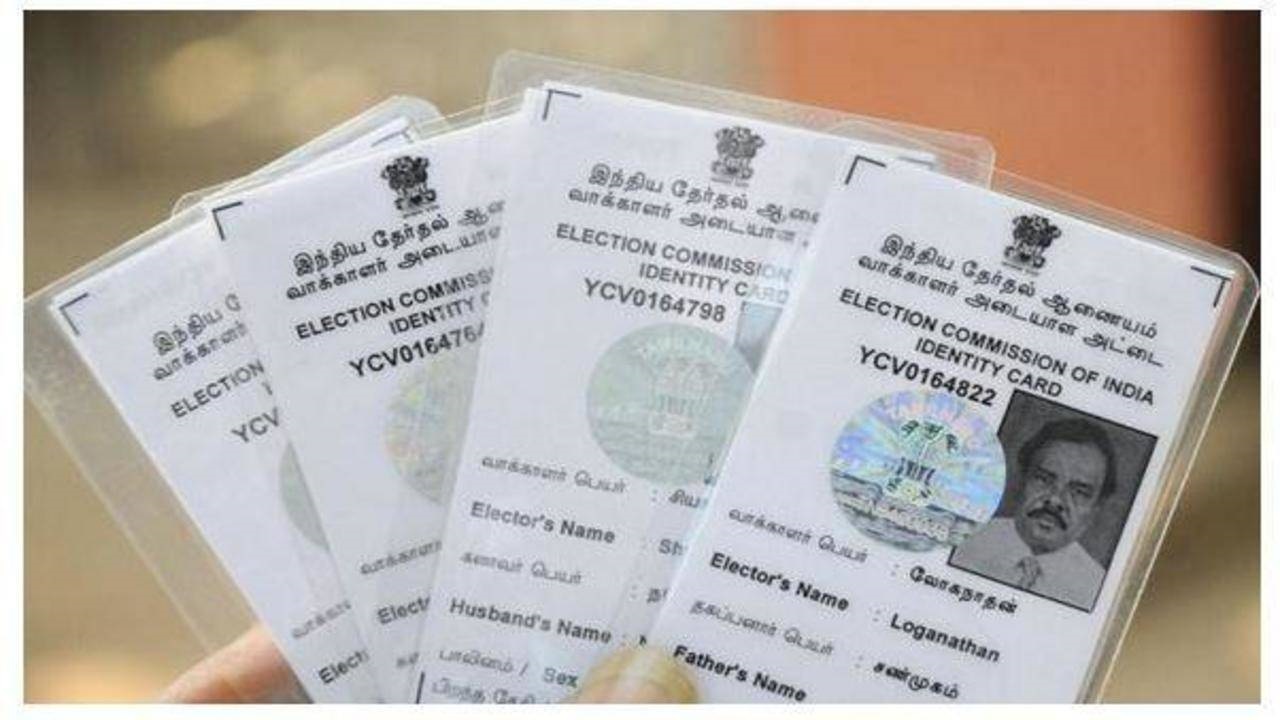Greenwashing
Context : The Central Consumer Protection Authority (CCPA), under the Consumer Affairs Ministry, has issued guidelines titled ‘Prevention and Regulation of Greenwashing and Misleading Environmental Claims’ to address greenwashing practices in advertisements.
Background
- The guidelines are part of the government’s initiative to curb misleading advertisements and promote transparency in environmental claims.
- Greenwashing undermines genuine efforts to combat climate change by promoting irresponsible behavior while falsely portraying eco-friendliness.
Key Takeaways
What is Greenwashing?
- The act of making dubious, unverifiable, or exaggerated claims about being environment-friendly or climate-friendly.
- Misleads consumers and rewards entities for irresponsible practices.
- Example: The 2015 Volkswagen emissions scandal, where the company cheated on emissions tests for its "green" diesel vehicles. Other companies like Shell, BP, and Coca-Cola have faced similar accusations.
Types of Greenwashing
- Greenhushing: Withholding information about sustainability goals and progress.
- Green-crowding: Hiding unsustainable practices within a group to avoid detection.
- Greenshifting: Shifting the responsibility for sustainability onto consumers instead of corporate action.
- Greenlighting: Highlighting minor sustainability efforts to distract from damaging practices.
- Greenlabelling: Labeling products as green or sustainable without substantial evidence.
Guidelines to Prevent Greenwashing
- Misleading Claims:
- Using false or deceptive words, symbols, or imagery to exaggerate positive environmental attributes while hiding negative aspects constitutes greenwashing.
- Substantiation of Claims:
- Terms like “eco-friendly,” “organic,” or “sustainable” must be backed by evidence and disclosed with adequate and accurate qualifiers in advertisements.
- Technical Terms:
- Phrases like “environment impact assessment” or “greenhouse gas emissions” must be explained in simple, consumer-friendly language.
- Applicability:
- The guidelines apply to all manufacturers, service providers, advertisers, and endorsers making environmental claims about goods or services.
Significance
These guidelines aim to ensure transparency, protect consumer interests, and hold companies accountable for their environmental claims, encouraging authentic and responsible sustainability practices.


.jpg)

Comments (0)